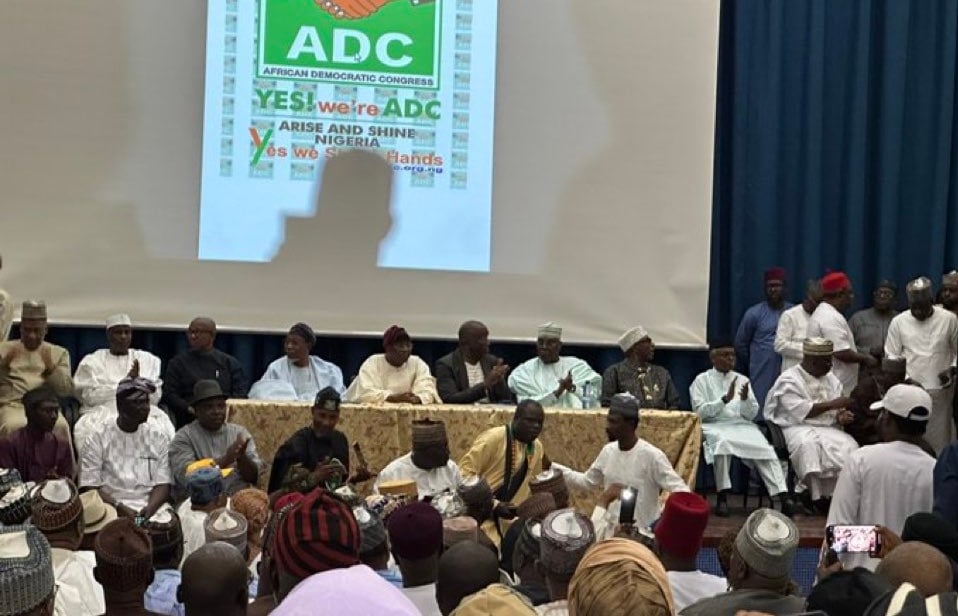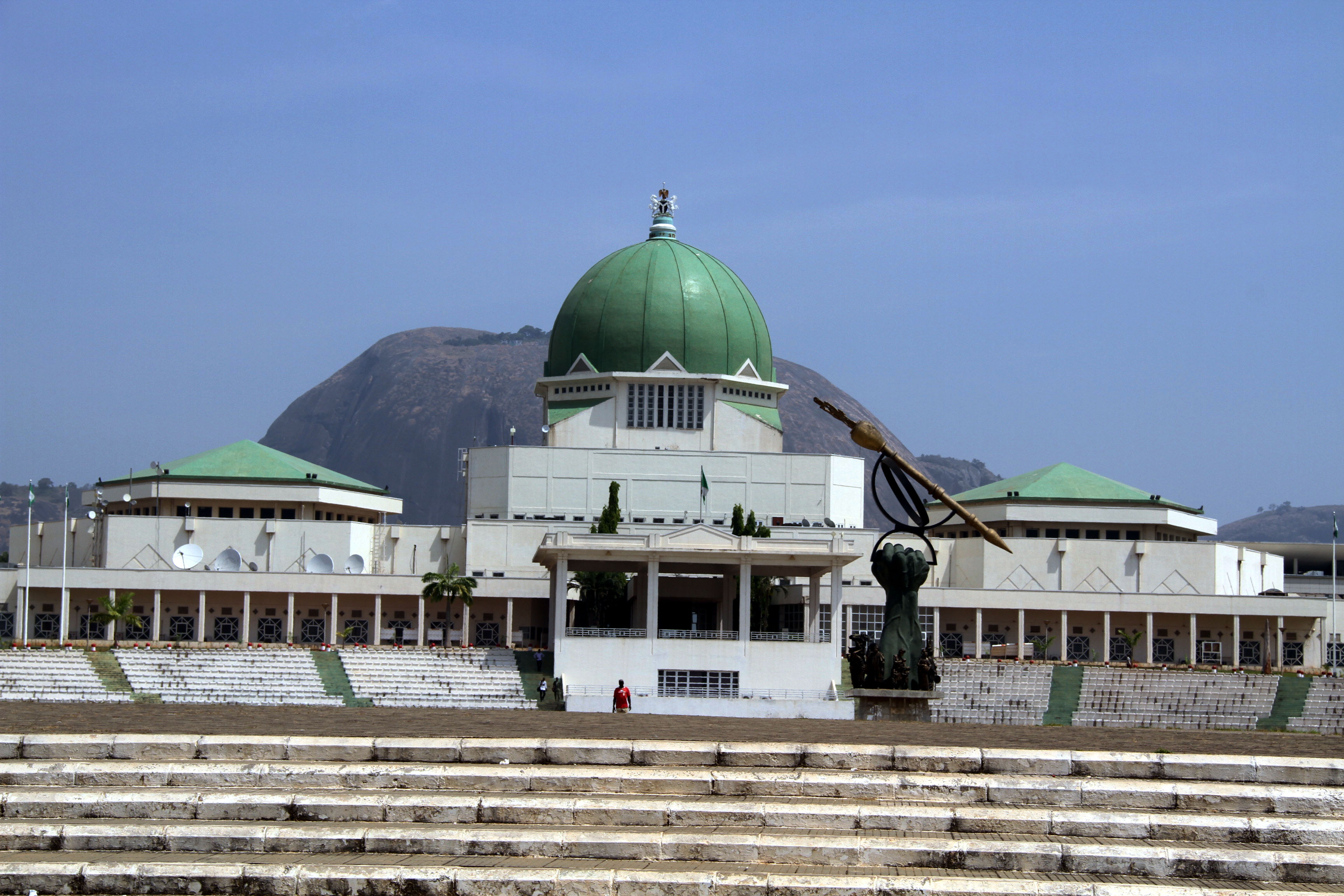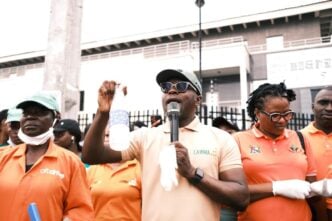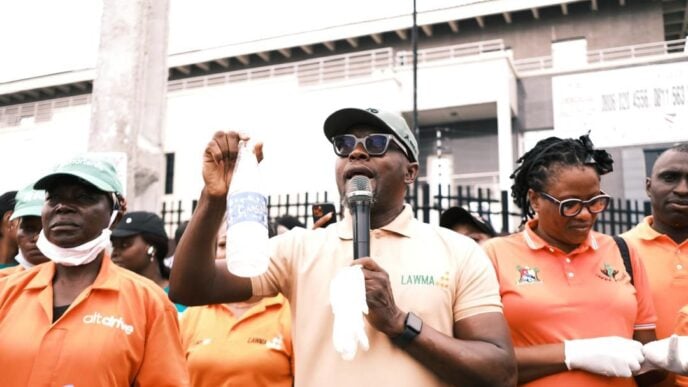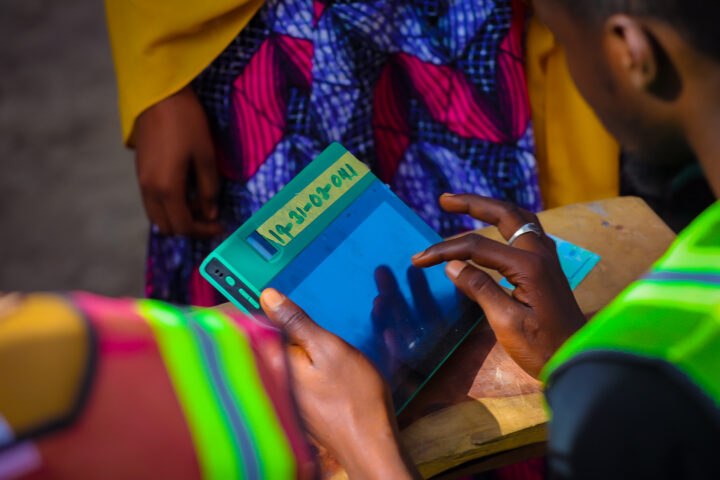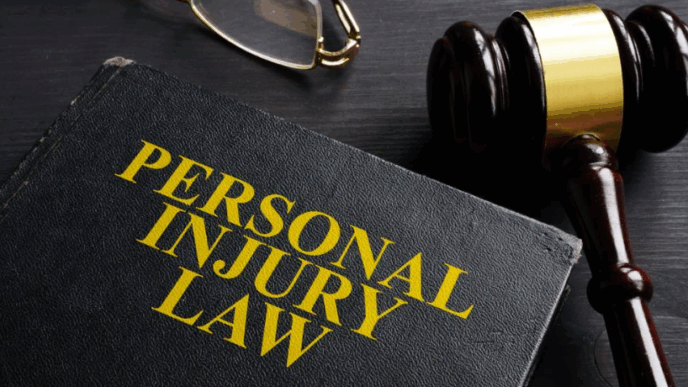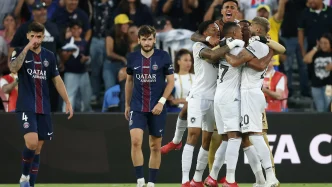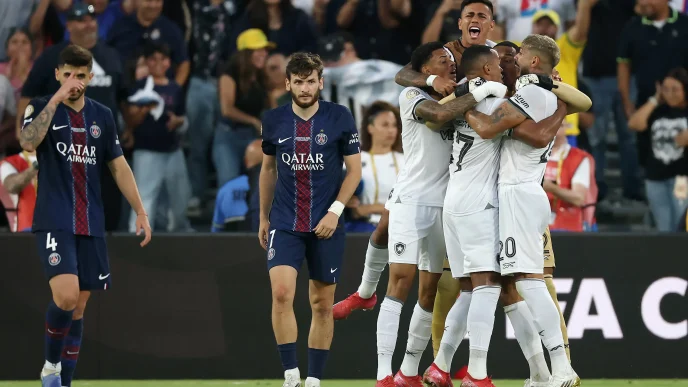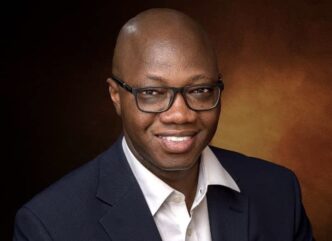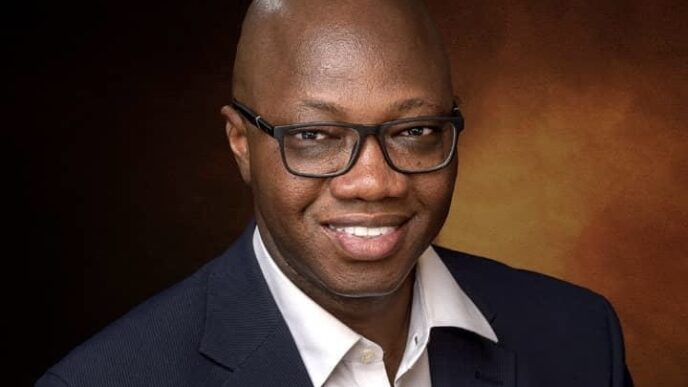BY SUNDAY JAMES
In a country as politically restless as Nigeria, coalitions have often emerged as grand promises of rebirth. Yet time and again, these movements collapse under the weight of contradictions, personal ambitions, and a chronic disregard for ideological clarity. The latest formation, a multi-party opposition coalition anchored on the African Democratic Congress (ADC) platform unveiled this week in Abuja, is already generating buzz. But beneath the rhetoric of rescue and reform lies an inconvenient truth: this is not a political revolution. It is a reunion of familiar elites desperate to reclaim political relevance.
Led by an ensemble cast of veterans, David Mark (pro tem national chair), Rauf Aregbesola (secretary), and Bolaji Abdullahi (spokesperson), the coalition comprises powerbrokers like Atiku Abubakar, Peter Obi, Nasir el-Rufai, Rotimi Amaechi, Sule Lamido, Aminu Tambuwal, Tom Ikimi, and Uche Secondus, among others. These are not outsiders trying to clean up a broken system.
They are, by every measure, its architects, defenders, and beneficiaries. With the ADC now serving as the coalition’s formal vehicle for 2027, the group claims to have “turned a corner.” But Nigerians, burdened by years of elite manipulation, must ask: Is this truly a new dawn, or just another recycled dusk?
Advertisement
The irony is jarring. Many of the leading figures in this coalition were instrumental in the 2015 ouster of the Goodluck Jonathan administration, paving the way for the APC government that they now describe as a “disaster” and “embarrassment on the world stage.”
From Atiku to Aregbesola to el-Rufai and Amaechi, these men campaigned on a gospel of change that was never delivered. They were not passive bystanders; they were in the war room, crafting strategy, delivering fiery speeches, and executing power plays. Now, with the APC unravelling under Tinubu’s watch, these same players reappear, not to apologise or reflect, but to lead the next act. To the politically astute, it reeks more of survival than sincerity.
Aregbesola’s soaring rhetoric at his acceptance speech, invoking South Africa’s ANC and promising a value-driven party that “listens and works for the people”, is admirable. But Nigerians have heard it all before. The question remains: what institutional reforms or legacy did these individuals leave behind when they wielded power? If they could not entrench these ideals within the APC or PDP, why should we believe the ADC will be any different?
Advertisement
This coalition is haunted by a credibility problem. What binds it is not shared ideology or transformative vision, but mutual frustration with political marginalisation. The PDP stalwarts behind the move openly admit their party is in disarray, “chaotic and undisciplined” as they put it. The APC, they say, is worse—”a disaster” and “a false and evil propaganda project.” But even if all of that were true, can a coalition of broken brands offer real change?
Atiku Abubakar is a six-time presidential aspirant whose political narrative is now more about tenacity than trust. David Mark is a respected statesman, yes, but hardly an outsider to Nigeria’s patronage politics.
Aregbesola, whose tenure in Osun ended in division and debt, now speaks of ideology and service as if he discovered them yesterday. Amaechi and el-Rufai, both powerful former APC cabinet members, now pitch themselves as agents of change despite spending years at the core of the same administration they now decry.
This is not a coalition forged in grassroots struggle or civic agitation. It is not the voice of the youth, the working class, or the voiceless. It is a gathering of political heavyweights, reassembling after internal displacement. And therein lies its weakness.
Advertisement
By adopting the ADC, a party once peripheral in national politics, the coalition sidestepped the bureaucratic bottlenecks of forming a new party. INEC’s reluctance to register the proposed All Democratic Alliance (ADA) forced a rethink. And while ADC may give legal legitimacy to the coalition’s 2027 ambitions, it does not provide the ideological anchor or grassroots base required for electoral success.
This was confirmed when the coalition’s spokesperson, Bolaji Abdullahi, admitted that ADC was chosen not because of the alignment of values, but because it was structurally available. Critics, including ADC’s 2023 presidential candidate, Dumebi Kachikwu, have already pushed back. Kachikwu bluntly declared that the coalition members are “in the wrong ADC,” calling them “greedy and selfish old men” who simply hijacked a convenient platform to stay politically afloat.
In truth, the ADC’s sudden transformation into a mega opposition platform underlines a common Nigerian problem: treating political parties as disposable logos rather than institutional frameworks. No serious nation can grow its democracy this way. The ANC in South Africa, which Aregbesola cited, wasn’t rented a year before an election. It was built through decades of blood, resilience, and ideological grounding. Until Nigerian politicians stop seeing parties as election vehicles and start treating them as civic institutions, coalitions like this will remain fragile.
Do Nigerians trust this coalition? The answer, increasingly, is no. Not because Nigerians are uninterested in alternatives, but because they’ve been burned too many times. The opposition in Nigeria doesn’t lose for lack of numbers; it loses for lack of trust, coherence, and vision. This coalition has done little to convince Nigerians it is different from what it condemns. There are no new faces, no bold policy directions, no grassroots mobilisation plan, and no transparency mechanism for internal party democracy. It talks of youth inclusion but is dominated by septuagenarian warhorses. It laments corruption but includes figures whose tenures were dogged by opacity and executive overreach.
Advertisement
This coalition, to many, is a rotating cabal, not a revolutionary movement. Even Peter Obi’s association with the group, though widely noted, appears more symbolic than strategic for now. Without a clear consensus around leadership, structure, and public-facing ideology, his inclusion only complicates the coalition’s identity further.
With rising economic hardship, widespread insecurity, and mounting disillusionment, 2027 will be a referendum not just on Tinubu’s APC but on Nigeria’s entire political class. Voters are hungry for change, real, tangible change. But change is not a slogan; it is a structure. It is not a press conference; it is a plan.
Advertisement
If this coalition hopes to be taken seriously, it must do more than reshuffle political chess pieces. It must show Nigerians a clear roadmap: how it will restore security, create jobs, reform the constitution, decentralise power, and rebuild institutions. It must prove that it’s not just the anti-Tinubu camp, but a pro-Nigeria movement. That journey must begin with humility, honesty, and hard work, not high-sounding communiqués alone.
The coalition’s emergence is a reminder that political momentum in Nigeria is fluid. But for momentum to become a movement, it must be powered by trust, not tenure; by credibility, not convenience. As the ADC-led alliance steps into the spotlight, the burden of proof lies squarely on its shoulders. Nigerians are watching, not for who is speaking, but for what is being said and done. A country in crisis does not need recycled saviours. It needs a new social contract.
Advertisement
And for that, these old gladiators must offer more than another campaign. They must offer redemption. And that, more than anything, is what remains in short supply.
Sunday James is a communications and development expert with over a decade of experience in public affairs, knowledge management, and strategic engagement. He writes from Abuja and can be reached via [email protected]
Advertisement
Views expressed by contributors are strictly personal and not of TheCable.
